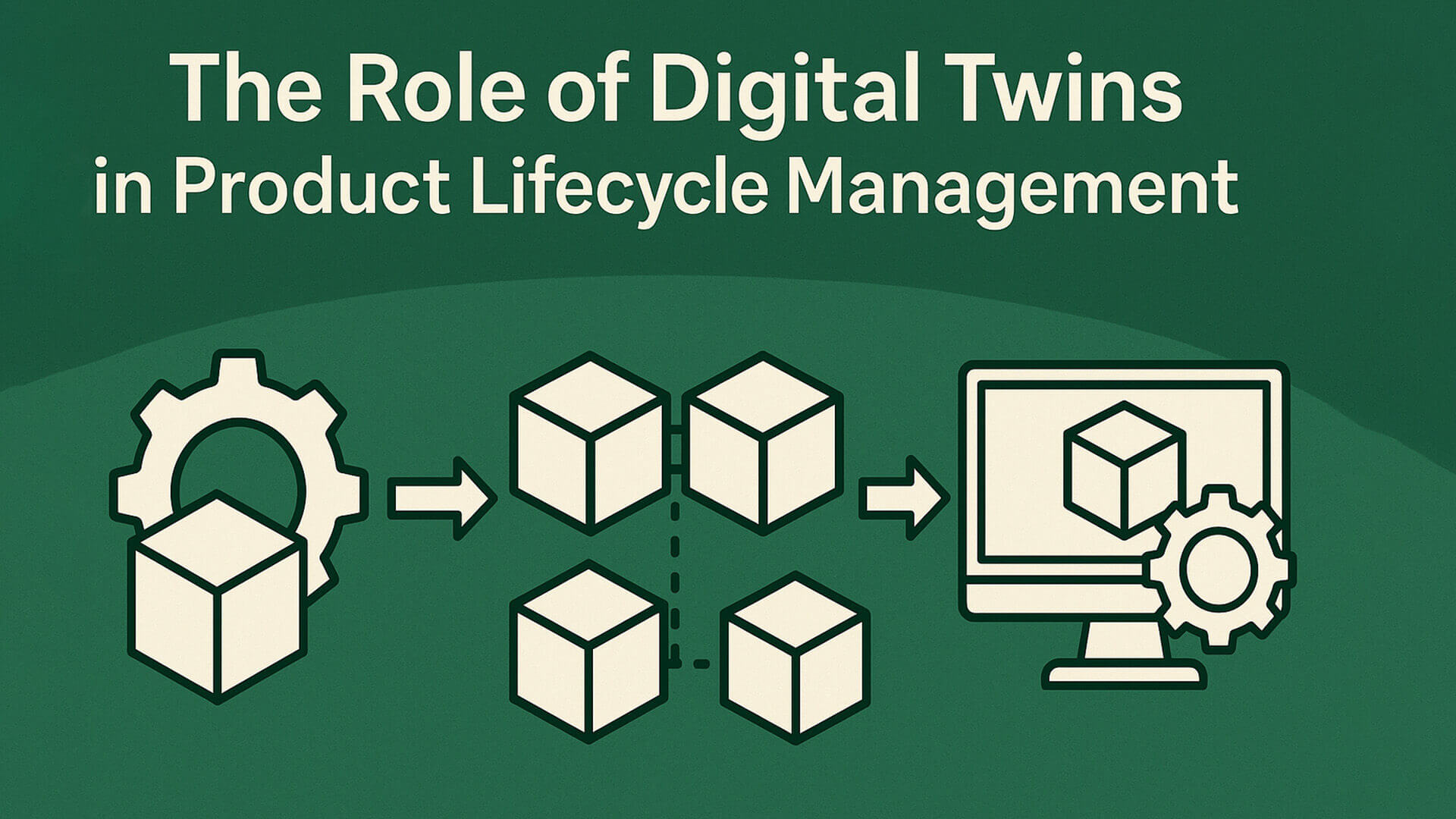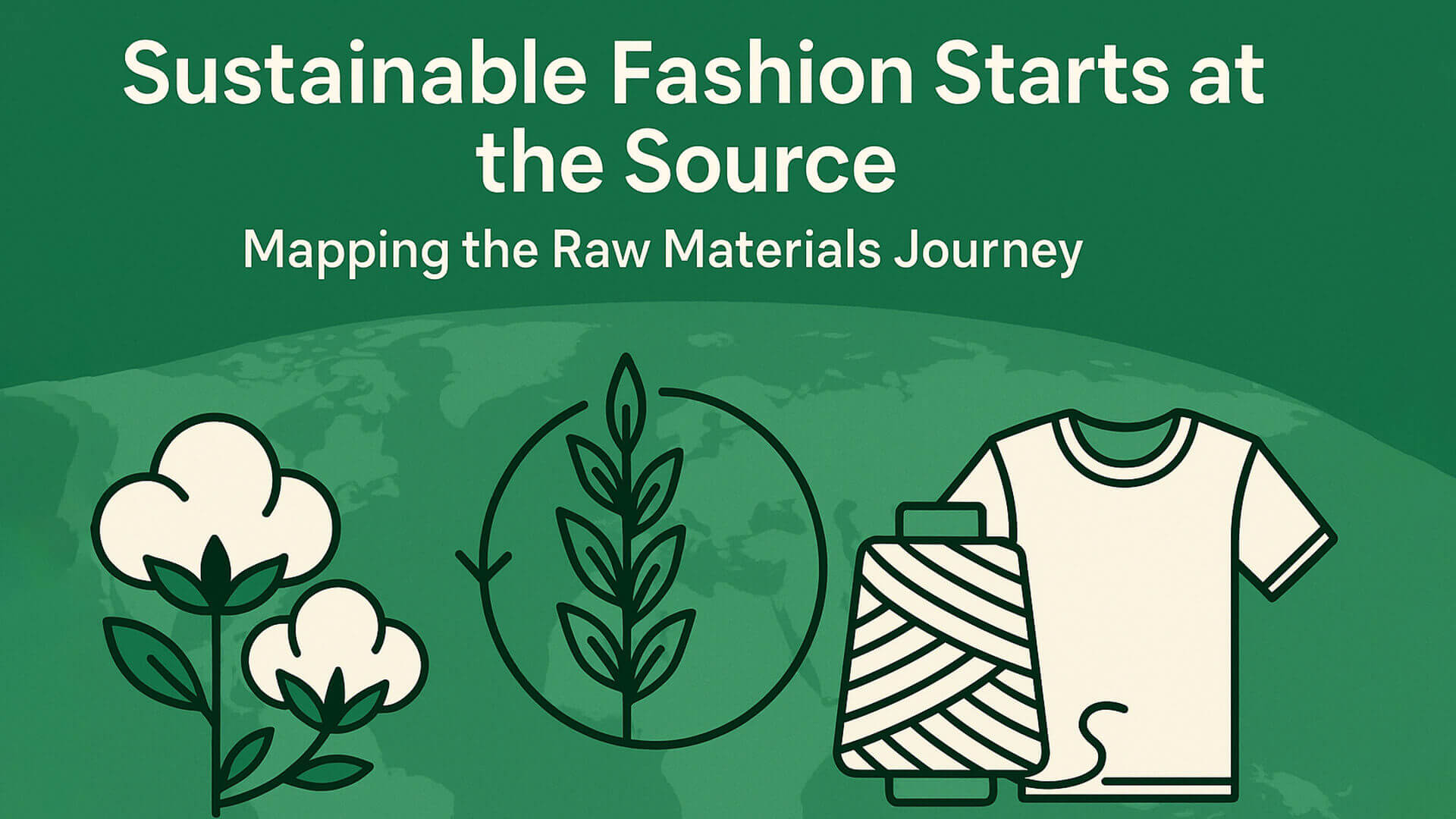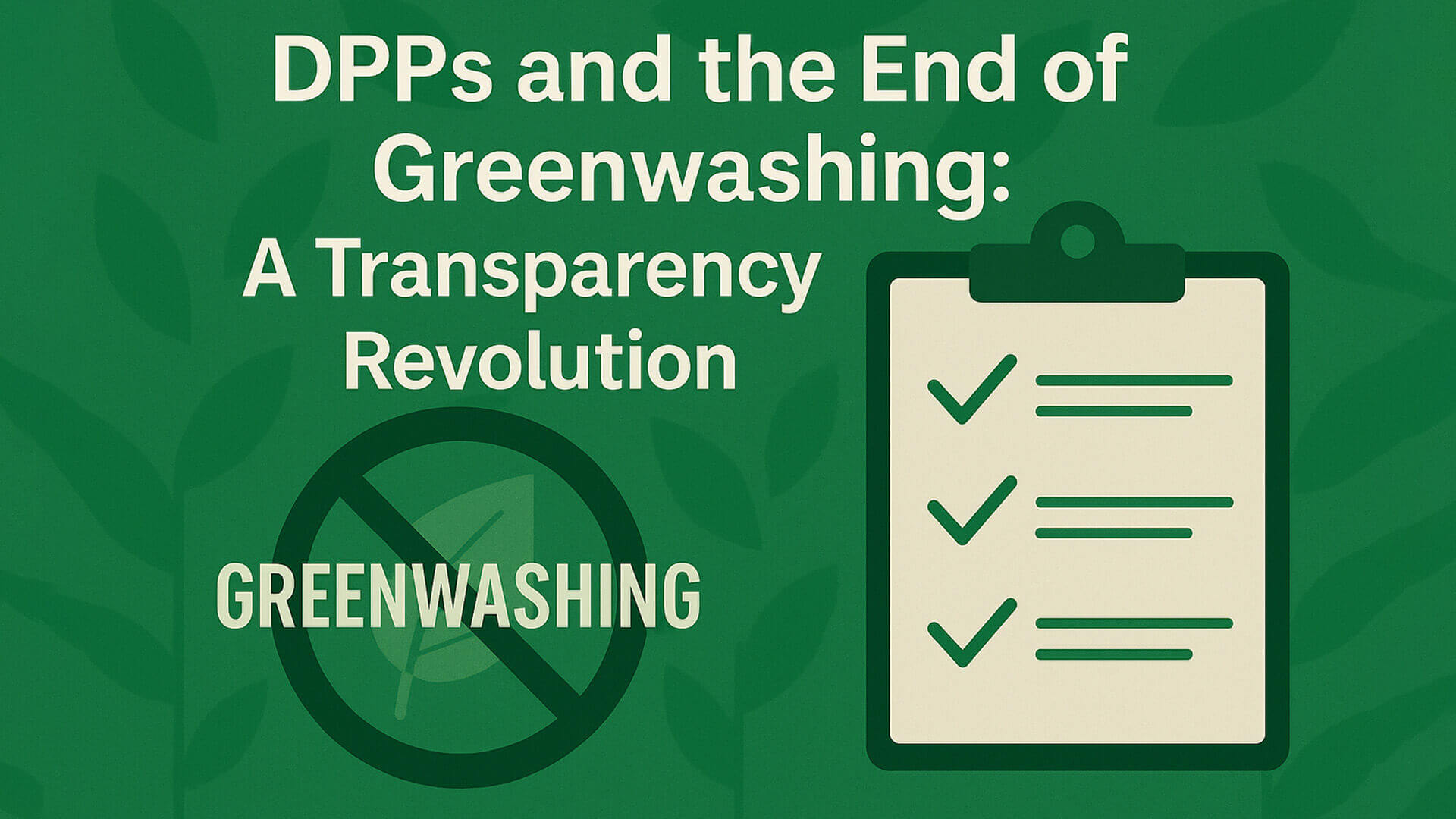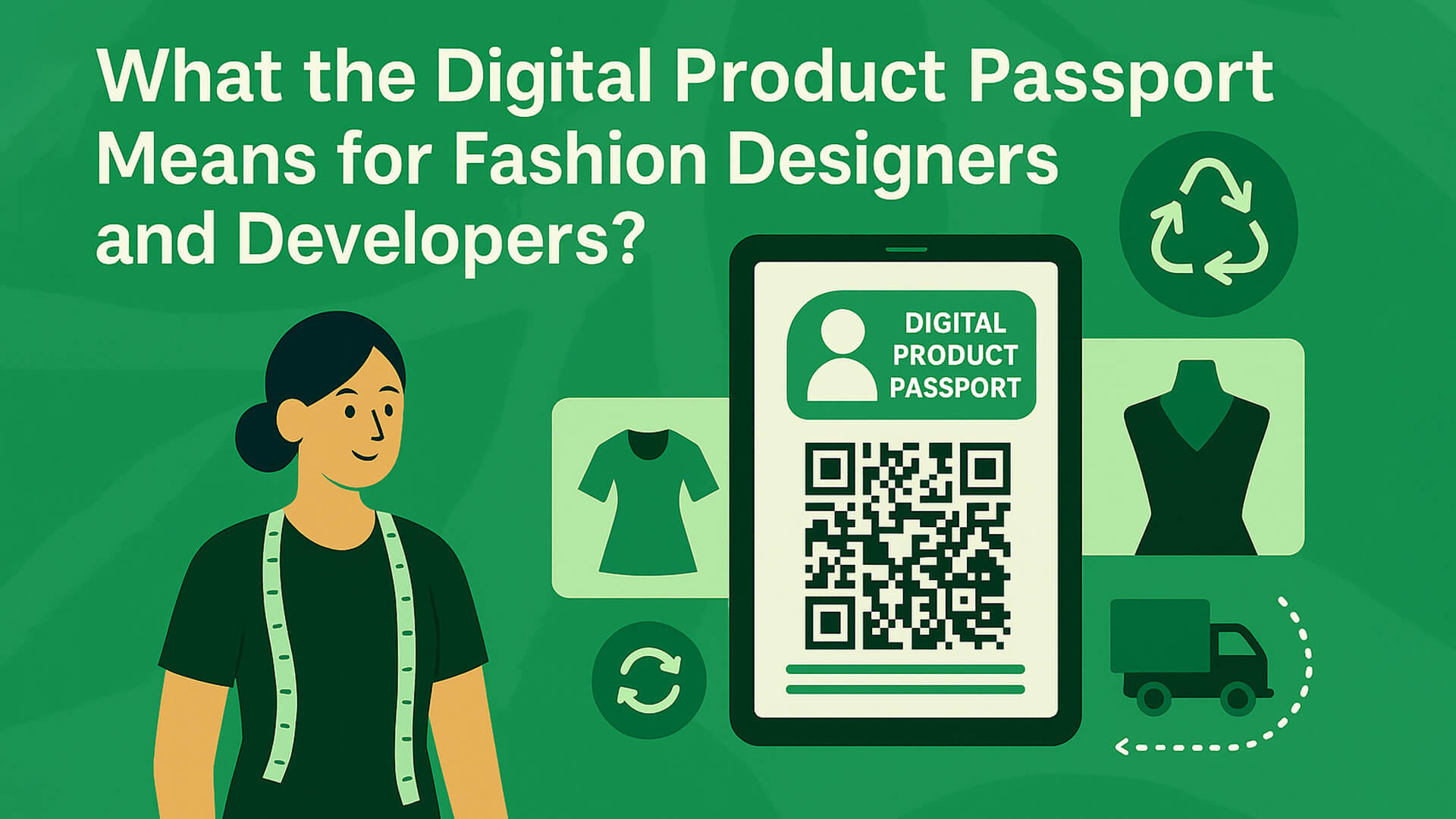- info@greenthreadsdpp.com
- Southampton, United Kingdom
Eco-Conscious Consumers Are Watching: Is Your Brand Ready?
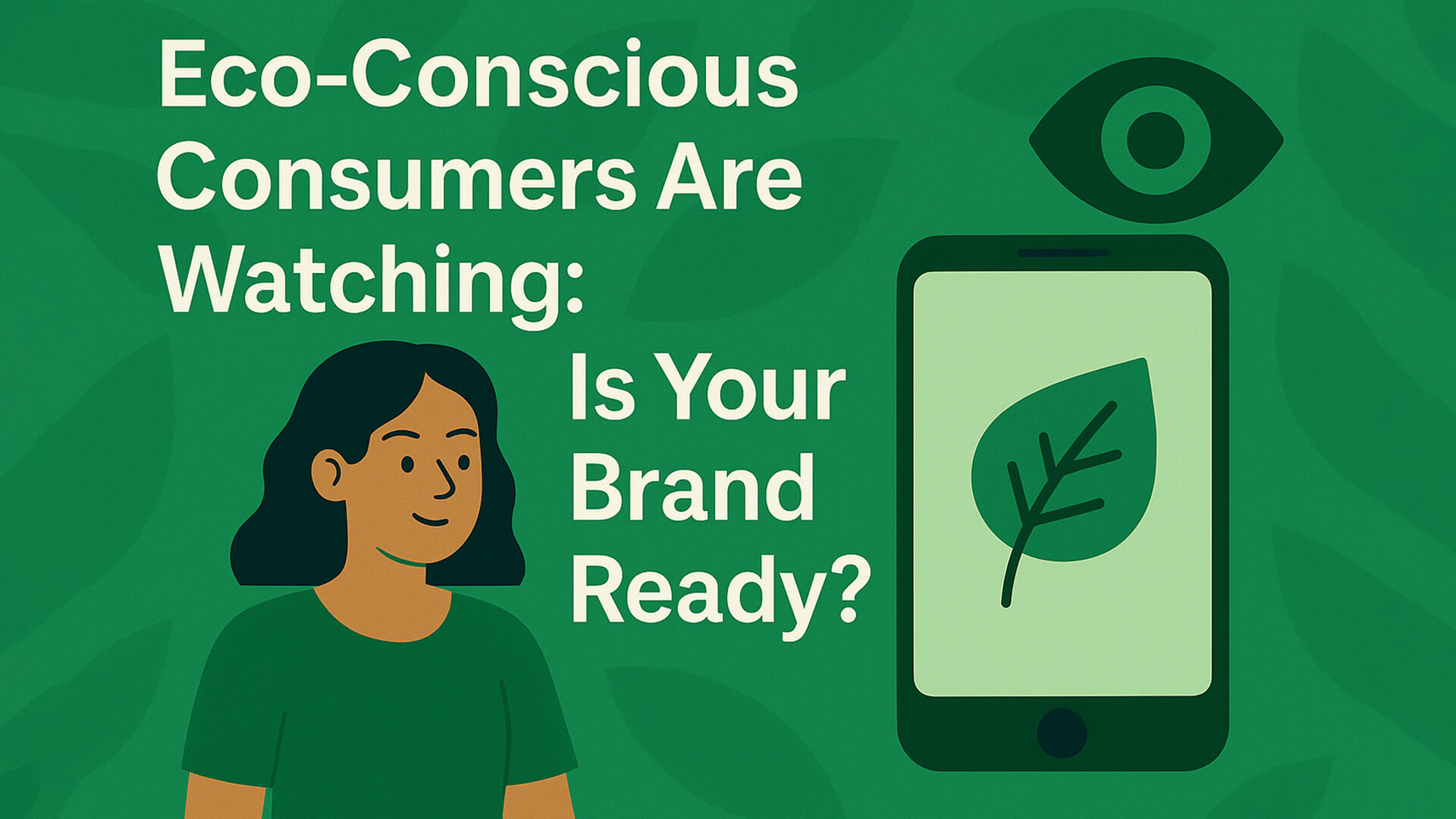
Introduction: The Rise of the Eco-Conscious Shopper
A silent revolution is taking place in the minds of today’s consumers. Across every continent, people are becoming increasingly aware of the social and environmental footprint of the products they buy; especially when it comes to fashion. Those days are gone when low-cost, trendy garments were enough to satisfy shoppers. In their place we now observe a new generation of consumers; especially Millennials and Gen Z are demanding more from the brands they support.
According to the 2023 State of Fashion report by Business of Fashion and McKinsey, over 60% of Gen Z respondents said that sustainability influences their buying choices. But this isn’t just a trend among the young. Consumers of all ages are asking harder questions: “Where was this made?”, “What is it made of?”, “Who made it?”, and “What happens to it when I’m done wearing it?”
The truth is clear: eco-conscious consumers are watching, and they are using their wallets to vote for a better world. This shift in values is reshaping the market. Brands can no longer rely on clever campaigns or vague promises. They must show concrete action and proof.
For fashion brands, this presents both a challenge and an opportunity. Those who respond with transparency, accountability, and innovation will build deeper trust, stronger loyalty, and long-term success. Those who don’t risk falling behind. The question isn’t whether your brand should evolve; it’s how fast you can adapt to a world where your values are as visible as your collections.
What Eco-Conscious Consumers Expect
Eco-conscious consumers are not just seeking alternatives; they are demanding a whole new approach to fashion. They are informed, digitally savvy, and deeply committed to aligning their purchases with their personal values. Brands that want to earn their trust must understand that ethical marketing alone is no longer enough.
These consumers expect full transparency across the supply chain. They want to know where raw materials come from, how workers are treated, and whether harmful chemicals are used in production. Transparency doesn’t mean selective disclosure; it means giving consumers access to the full story, from fibre to finish.
They also value durability and responsible design. Fast disposable fashion is losing its appeal, replaced by interest in garments that last longer, can be repaired, and are made from natural or recycled materials. Clothing that is built to stay in circulation through resale, repair, or upcycling is highly valued.
Eco-conscious consumers also look for trusted certifications and verified claims. They’ve become wary of greenwashing and can spot it easily. Labels such as GOTS, OEKO-TEX, B Corp, and Fair Trade add weight, but only when backed by meaningful action and clear data.
Lastly, they expect digital access to information. A garment with a QR code or NFC tag that reveals its lifecycle, impact, and care instructions is more appealing than one with vague sustainability slogans. In a world where truth travels fast, consumers want proof, and they want it at their fingertips.
Digital Product Passports: A Solution for the New Standard
As sustainability expectations rise, many brands are struggling to keep up with the demand for visibility and proof. Enter the Digital Product Passport (DPP), a powerful solution designed to meet both consumer expectations and upcoming regulations. The DPP is more than just a compliance tool. It’s a digital ecosystem that allows every product to carry its story.
A Digital Product Passport is a digital profile connected to a specific garment, usually accessible through a QR code, NFC tag, or app. It includes essential data such as the material origin, manufacturing locations, environmental impact, certifications, care instructions, and options for reuse, repair, or recycling. The DPP acts as a digital ID for each product, making its journey and impact traceable, transparent, and interactive.
The European Commission has announced that DPPs will be required for all textiles sold in the EU as part of the Ecodesign for Sustainable Products Regulation (ESPR), starting with pilot sectors in 2026 and full implementation by 2030. Brands that begin integrating DPPs now will have a significant head start in both compliance and consumer trust.
For consumers, the DPP provides transparency and reassurance. For brands, it strengthens supply chain management, reduces the risk of greenwashing, and opens doors to circular services such as product take-back, secondhand resale, and closed-loop recycling. It bridges the gap between physical products and digital responsibility, offering a future-forward way to connect ethics with experience.
Is Your Brand Ready for Radical Visibility?
Today’s marketplace is no longer driven solely by design and price; it’s being shaped by radical visibility. In the age of social media, digital activism, and climate-conscious shoppers, brands are being watched more closely than ever before. This isn’t about fear; it’s about opportunity. Consumers don’t expect perfection, but they do expect honesty and progress.
Being “ready” for eco-conscious consumers means much more than releasing a sustainable capsule collection or publishing a one-time impact report. It requires brands to integrate transparency into their DNA, not just through messaging, but through systems, decisions, and culture.
Ask yourself these key questions:
-
Can your customers trace the product journey from raw materials to finished garment?
-
Are your sustainability claims backed by verified data or third-party standards?
-
Do you design with longevity, repairability, and end-of-life reuse in mind?
-
Can your consumers digitally access care instructions, repair guidance, or resale value?
-
Are you prepared for evolving regulations like the EU’s Digital Product Passport?
Brands that answer “yes” to these questions are already on the path to circularity and trust. Those that aren’t, must act fast to close the gap.
The world is changing. Visibility isn’t optional rather it’s expected. The brands that will succeed are those that embrace this shift and see transparency as a competitive advantage, not a burden. After all, the more you show, the more your customers will believe in what you stand for.
How Green Threads DPP Can Help
At Green Threads DPP, we help brands turn transparency into transformation. We provide the tools, technology, and expertise needed to integrate Digital Product Passports into your operations, not just as a technical feature, but as a strategic advantage. Our goal is to make sustainability visible, traceable, and valuable for everyone in the fashion ecosystem.
We work with brands, designers, and manufacturers to implement end-to-end DPP solutions tailored to your needs. Whether you're a global fashion house or a growing ethical label, our platform makes it simple to start and scale.
Here’s how we support your transition:
-
Custom DPP Integration: We build digital profiles for each product, linking data from sourcing, production, and logistics with interactive QR or NFC labels.
-
Supply Chain Traceability: Our system enables you to map every step of your supply chain, ensuring compliance and ethical oversight.
-
Circularity-Ready Tools: We support repair, resale, rental, and recycling services by embedding instructions and lifecycle data into every product.
-
Regulatory Compliance: We ensure your brand is prepared for the EU’s ESPR and other upcoming legislation requiring product-level transparency.
-
Brand Storytelling: We help turn your sustainability journey into a compelling digital experience for your customers.
We believe every garment has a story and with the right tools, it can become a powerful tool for change. With Green Threads DPP, your brand can lead with clarity, confidence, and credibility.
Conclusion: Sustainability Is No Longer Optional
The fashion industry is standing at a turning point. For too long, speed and cost have taken precedence over care and consequence. But today’s consumers, especially younger generations are asking more of the brands they love. They want products that align with their values. They want companies to act with purpose and most importantly, they want to be part of the solution, not the problem.
Sustainability is no longer a trend or a campaign, it’s a responsibility. Brands that recognise this shift and embrace transparency, traceability, and circularity will be the ones that stand out and succeed in the years ahead.
Digital Product Passports are a key part of this journey. They offer a way to share product stories, prove impact, and build trust in an increasingly digital and conscious world. They are not just about meeting regulations; they’re about earning loyalty, supporting innovation, and future-proofing your business.
Eco-conscious consumers are watching. Not to criticise, but to choose. They are looking for brands that reflect their values and support their vision for a better planet.
References
-
Business of Fashion & McKinsey. (2023). The State of Fashion Report
-
European Commission. (2024). Ecodesign for Sustainable Products Regulation
-
Fashion Revolution. (2023). Fashion Transparency Index
-
Ellen MacArthur Foundation. (2021). Circular Economy in Fashion
-
WRAP. (2022). Textiles 2030 Strategy

